Program
The event will be structured in the following way :
| Date: 9th November, 2020 | |
| Time | Action |
| 12:00-12:05 | Welcome speech by the chairs
|
| 12:05-12:35 | Keynote by Dr. Carlos Guimarães on "Edge and Fog for I4.0 and Autonomous Drone Scouting with 5G-DIVE"
|
| 12:35-13:00 | 5G Network Slicing Enabling Edge Services, Michail Alexandros Kourtis; Themistoklis Anagnostopoulos; Slawomir Kuklinski; Michal Wierzbicki; Andreas Oikonomakis; George K Xilouris; Ioannis Chochliouros; Na Yi; Alexandros Kostopoulos; Lechosław Tomaszewski; Thanos Sarlas; Harilaos Koumaras
|
| 13:00-13:25 | GANSO: Automate Network Slicing at the Transport Network Interconnecting the Edge, J. Takeru Infiesta; Carlos Guimarães; Luis M. Contreras; Antonio de la Oliva
|
| 13:25-13:50 | Policy Controlled Multi-domain cloud-network Slice Orchestration Strategy based on Reinforcement Learning, Asma Islam Swapna; Raphael Vicente Rosa; Christian Esteve Rothenberg; Rafael Pasquini; Javier Baliosian
|
| 13:50-14:00 | Coffee Break |
| 14:00-14:30 | Keynote by Dr. Josep Mangues-Bafalluy on "Network slicing in practice through service federation"
|
| 14:30-14:55 | Using Linux TCP connection repair for mid-session endpoint handover: a security enhancement use-case, Vitor A Cunha; Daniel Corujo; João Paulo Barraca; Rui L Aguiar
|
| 14:55-15:20 | 5G Network Slice Isolation with WireGuard and Open Source MANO: A VPNaaS Proof-of-Concept, Simen Haga; Ali Esmaeily; Katina Kralevska; Danilo Gligoroski
|
| 15:20-15:45 | Evolving Fast Innovation in Next-Generation Networking Through Flexible and Customized Softwarization and Slicing Capabilities, Felipe Sampaio Dantas Silva; Emídio Neto; Charles H. F. dos Santos; Thiago Almeida; Ivo Silva; Augusto J. Venancio Neto
|
| 15:45-15:50 | End of day message
|
Important Dates and Information
| Workshop paper submission: | |
| Acceptance notification: | |
| Camera-ready papers: |
Paper Submission
EDAS Submission link HERE |
|
| Prospective authors are invited to submit original workshop papers for publication in the IEEE NFV-SDN 2020 Conference Proceedings and for presentation in the technical sessions. We solicit the submission of high-quality papers reporting original and novel research results on the conference topics. Papers must be written in English, unpublished and not submitted elsewhere. They must be formatted as the standard IEEE double-column conference template. | |
| Papers should have a maximum paper length of six (6) printed pages (10-point font), including figures, without incurring additional page charges (maximum 1 additional page with over length page charge of USD100 if accepted). Papers exceeding 7 pages will not be accepted at EDAS. |
Keynotes
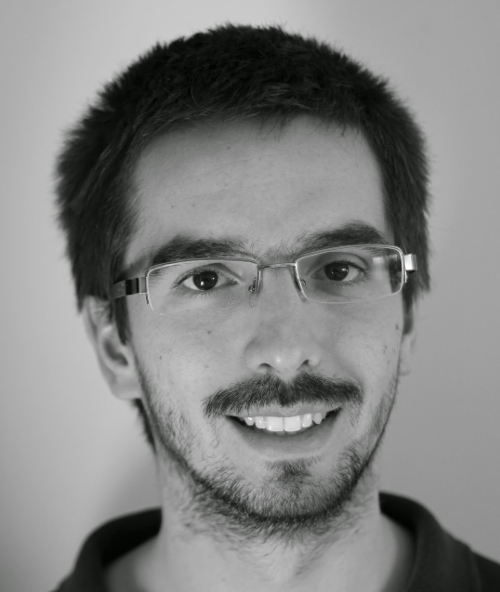
Dr. Carlos Guimarães
Carlos Guimarães is currently working as a Postdoctoral Researcher at Universidad Carlos III de Madrid (Spain), where he is pursuing research activities in 5G technologies and main enablers as well as in the application of Artificial Intelligence and Machine Learning into computer networks. In the past, he worked as a Researcher Assistant at Instituto de Telecomunicações - Aveiro (Portugal), where he has tackled different topics of computer networks area, ranging from Future Internet, Information-Centric Networking (ICN), Software- Defined Networking (SDN), (flow) mobility management and media independent handover mechanisms in heterogeneous networks, and network function virtualization. He received his M.Sc. degree in Computer and Telematics Engineering in 2011 (Universidade de Aveiro, Portugal) and later his Ph.D. degree in Computer Science in 2019 (Universidade de Aveiro, Portugal). His Keynote presence in MOBISLICE III is under scope of 5G-DIVE.
Edge and Fog for I4.0 and Autonomous Drone Scouting with 5G-DIVE
In 5G-DIVE project, two vertical pilots, namely Industry 4.0 and Autonomous Drone Scouting, are being addressed to assess the technical merits and business value proposition of an Edge and Fog 5G E2E solution. This presentation will do an overview on the different use cases being targeted and how the Edge and Fog, along with 5G, will impact their implementation, integration, and introduction of new innovations.
Dr. Josep Mangues-Bafalluy
Josep Mangues-Bafalluy is senior researcher and head of the communication networks division of the Telecommunications Technological Center of Catalunya (CTTC) since 2013, where he leads a group of 30 people. He has a degree (1996) and a PhD (2003) on Telecommunications Engineering from the Technical University of Catalunya (UPC) and over 20 years of experience in the networking field (incl. mobile networks, application of machine learning to network optimization, testbed design and deployment, network function virtualization). Josep held various roles (incl. leadership) in several public funded and industrial research projects (e.g., 5GPPP 5Growth, 5G-Transformer, or Spanish 5G-REFINE) with recent emphasis on adapting network infrastructures to the needs of vertical industries (e.g., automotive/transportation, industry 4.0, media, eHealth) and automated network management. He was vice-chair of IEEE WCNC 2018 (Barcelona). He was also researcher and assistant professor at UPC from 1996 to 2003. His Keynote presence in MOBISLICE III is under scope of 5GROWTH.
Network slicing in practice through service federation
Providers have traditionally cooperated in multiple ways towards a common service offering. The idea of service federation has been around for a while, particularly in a cloud context, but also in a networking context. When moving to a function virtualization context (NFV), both such contexts must be combined and harmonized. Realizing the end-to-end network slicing vision in an ever changing heterogeneous environment that combines multiple technologies and administrative domains is a daunting task. In telco environments, processes spanning multiple departments inside the operator (e.g., radio, wireless transport, optical transport, IP transport), not to mention those spanning multiple operators, must be streamlined to achieve service deployments in the order of minutes (as per the 5GPPP KPI objectives). Much work is still to be done to fully realize this vision. There have been some attempts in this respect, including ETSI NFV standardization efforts defining requirements and providing initial ideas on how to define the required interfaces.
In this talk, we will explain how the service federation vision is being realized in H2020 5GPPP 5Growth project, standing on the 5G-Transformer legacy. It enables the handling of complex architectural constructs, such as composite NFV network services, and end-to-end resource management through different administrative domains, yet staying at service orchestration-level peering. We will give some hints on the main architectural concepts developed in 5Growth (and 5G-Transformer) to offer service federation in practice as a key underlying functionality towards end-to-end multi-provider network slicing. We will also explain how service federation is offered in a transparent way to service provider customers (e.g., vertical industries), which allows verticals to focus on the service logic and ambitious deployment plans, and operators to complement their service offering and geographic span towards an increased customer base. Finally, we will put all the pieces of the puzzle together to show how an emergency eHealth use case exploits service federation in practice.
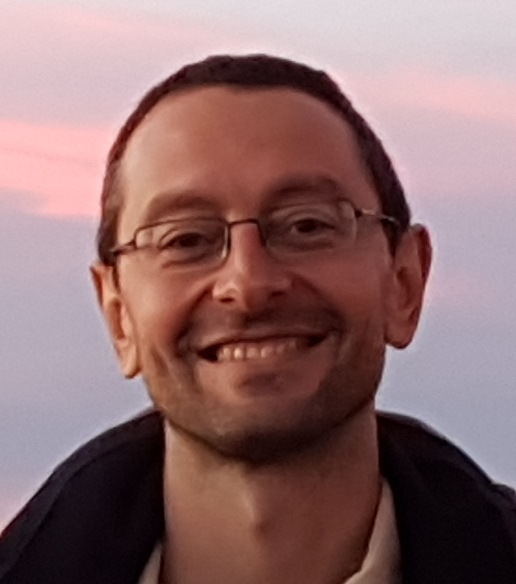
The workshop will be held on the 9th November, 2020, in conjunction with the VI IEEE Conference on Network Function Virtualization and Software Defined Networks
Special Issue on Wiley's "Internet Technology Letters"
Improved versions of selected contributions will be invited for possible inclusion in a Special Section of Wiley’s "Internet Technology Letters".
Best Paper Award
Our top quality TPC will sellect a BEST PAPER and present the respective Award Certificate at a ceremony during the workshop session.
Organization
MOBISLICE Workshop Co-chairs:

Daniel Corujo
Universidade de Aveiro and Instituto de Telecomunicações
Portugal
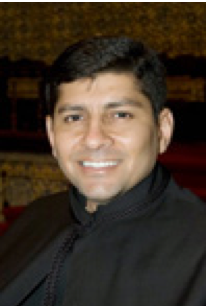
Augusto Neto
Federal University of Rio Grande do Norte
Brazil
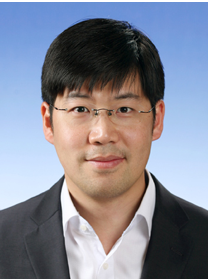
Seil Jeon
Huawei Technologies
Sweden
Local Workshop Organisation Chairs
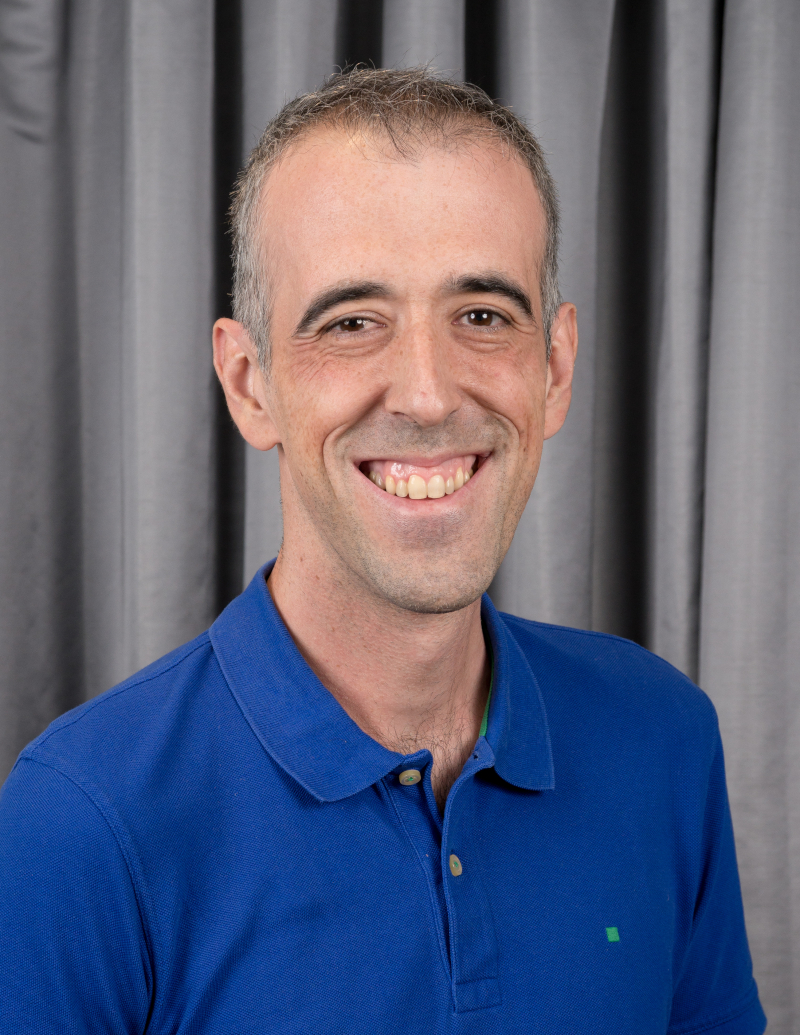
Carlos Bernardos
Universidad Carlos III de Madrid
Spain

Antonio de la Oliva
Universidad Carlos III de Madrid
Spain
